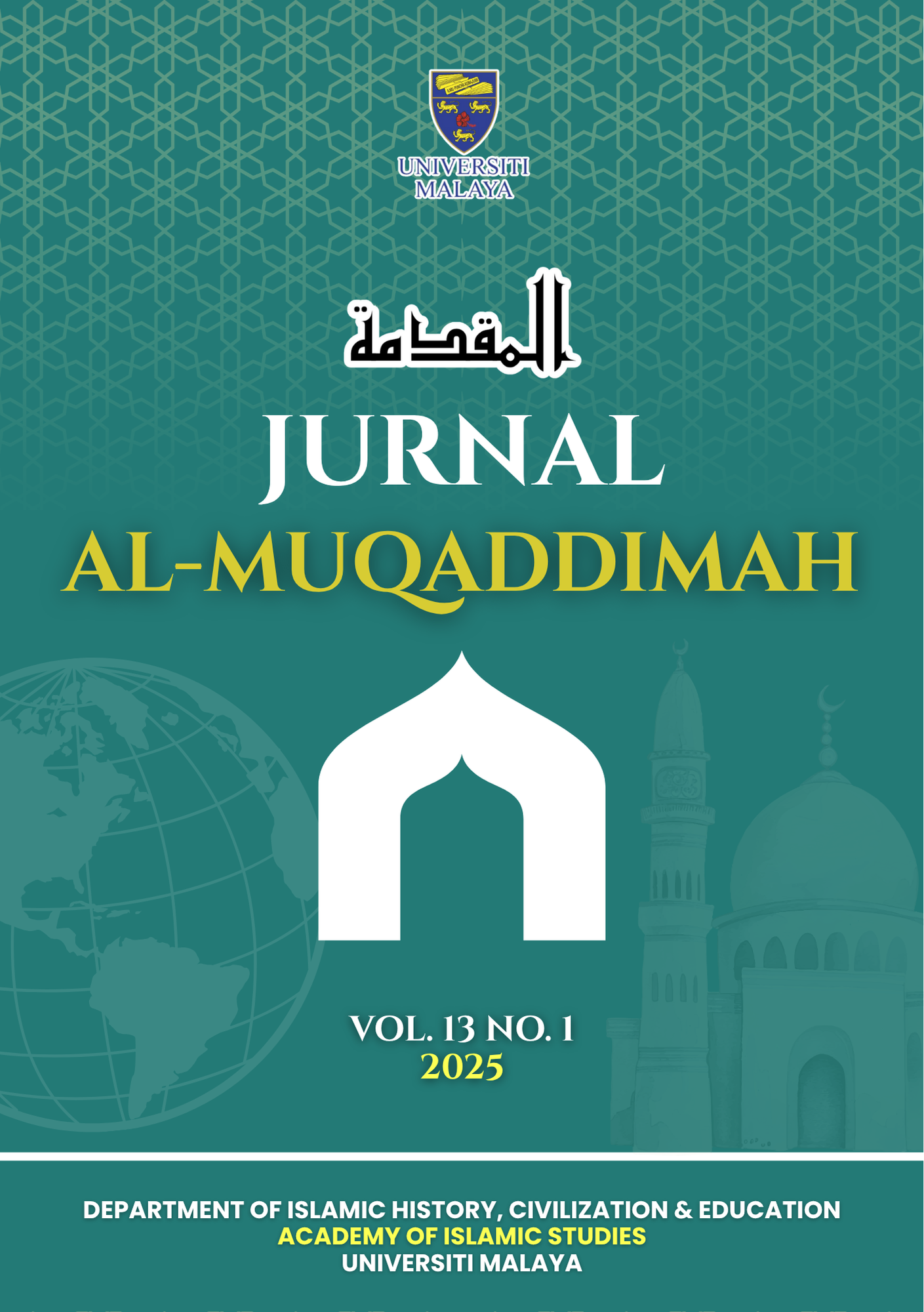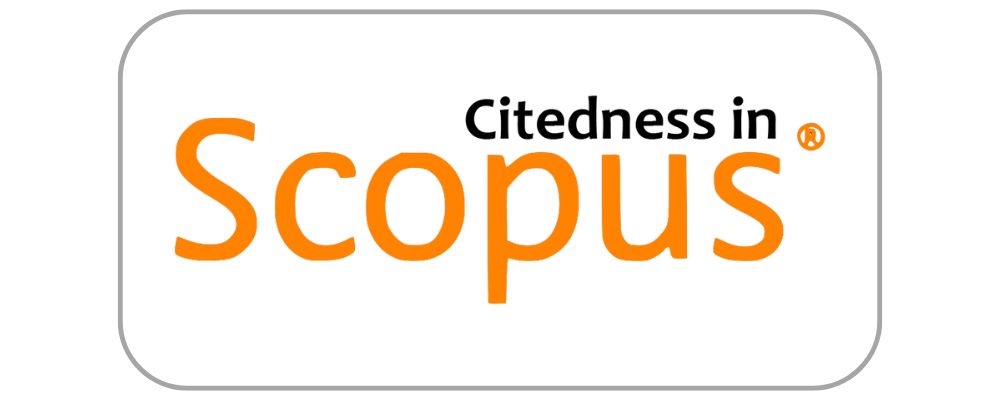Administrative Empowerment Policies and Their Implementation Procedures Among School Principals In Dhofar Governorate Sultanate of Oman
سياسات التمكين الإداري وإجراءات تطبيقها لدى مديري مدارس محافظة ظفار بسلطنة عمان
DOI:
https://doi.org/10.22452/muqaddimah.vol13no1.9Keywords:
administrative empowerment policies, school principals, Sultanate of OmanAbstract
This study aimed to explore the administrative empowerment policies and the procedures for their implementation among school principals in the Dhofar Governorate of the Sultanate of Oman. The study population consisted of male and female school principals in the region. A qualitative research approach was adopted, utilizing an interview tool structured around two main themes and five key questions. The findings revealed the existence of various empowerment initiatives targeting school leaders, including professional development programs focused on educational leadership, induction training for new teachers, and support for senior teachers. These programs were found to align well with the needs and aspirations of school principals. Additionally, the study identified mechanisms for monitoring and evaluating the implementation of empowerment policies within school management, such as accountability measures and the continuous improvement of educational outcomes. However, the study also highlighted several challenges. Notably, school principals were often excluded from participating in key educational decision-making processes. There was also a shortage of targeted training on empowerment policies and implementation strategies, along with insufficient incentives to encourage the adoption of empowerment practices among principals and school staff. Based on these findings, the study recommended that the Ministry of Education create a supportive organizational environment that facilitates the practical application of administrative empowerment policies. This includes reconsidering the current incentive and reward systems and developing strategic frameworks to enhance the role of school principals through modern decision-making training and implementation techniques.
Downloads
Downloads
Published
How to Cite
Issue
Section
License
Copyright (c) 2025 Al-Muqaddimah: Online Journal of Islamic History and Civilization

This work is licensed under a Creative Commons Attribution-NonCommercial-ShareAlike 4.0 International License.
By submitting manuscripts to the Al-Muqaddimah, authors agree to transfer copyright to the journal. However, authors may republish their work or grant others permission to republish it; in which case it should be accompanied by a proper acknowledgment that the work was originally published in the Al-Muqaddimah. The journal adopt CC-BY-NC-SA licence which authors may also share and distribute their article anywhere of non-commercial website, social media and repositories immediately on publication.
Authors may also reuse the Abstract and Citation information (e.g. Title, Author name, Publication dates) of their article anywhere at any time including social media such as Facebook, blogs and X (Twitter), providing that where possible a link is included back to the article on the journal site.













